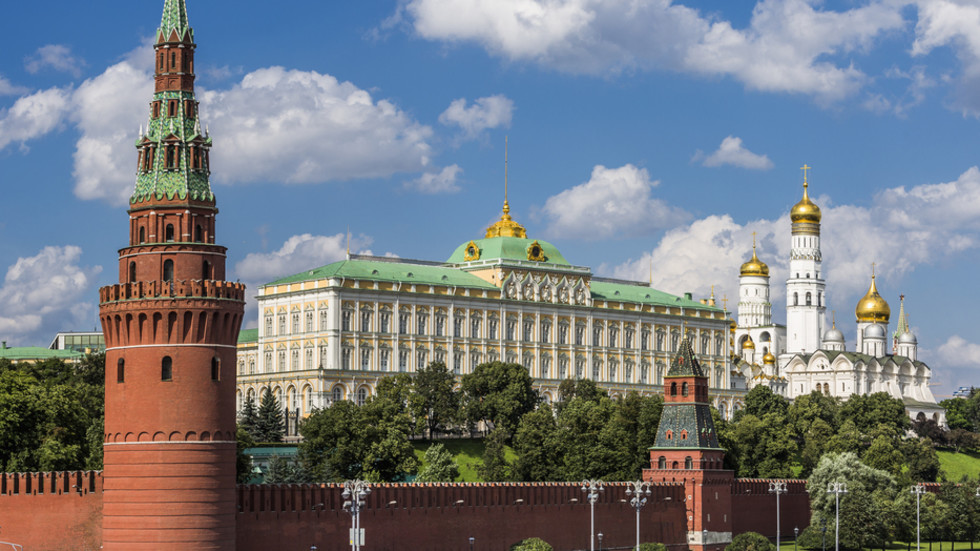The genocide campaign aims to invert the most sacred element of post-Holocaust Jewish identity, using “never again” against the Jewish state itself.
By BARAK SELLA OCTOBER 31, 2024 01:13 Updated: OCTOBER 31, 2024 01:14 PRO-PALESTINIAN students hold a walkout from classes to protest ‘one year of genocide’ on the people of Gaza, at the University of California, Irvine earlier this month.
(photo credit: MIKE BLAKE/REUTERS)
PRO-PALESTINIAN students hold a walkout from classes to protest ‘one year of genocide’ on the people of Gaza, at the University of California, Irvine earlier this month.
(photo credit: MIKE BLAKE/REUTERS)
"We need to start using the word genocide to make the world listen.” This was the first time I heard someone publicly accuse Israel of genocide at a Harvard Divinity School event, and no one even blinked.
It was just three weeks before Hamas’s October 7 massacre, during a screening of Israelism, a film that its creators claim is “redefining Judaism’s relationship with Israel” but perpetuates distorted narratives about the Israeli-Palestinian conflict. The audience member’s strategic logic was chilling in its simplicity: “We shouldn’t call Israel an apartheid anymore because the world doesn’t care. It’s not strong enough.”
What I witnessed was not just a semantic shift but the template for a calculated political strategy. Now, more than a year later, this cynical escalation of rhetoric has moved from the old Harvard auditorium to the mainstream of American political discourse. The repercussions go well beyond Israel’s image; they threaten to undermine the very framework we use to confront actual genocide worldwide.
While accusations of Israeli genocide were once confined to fringe social media accounts run by practical proxies of Iran or the Muslim Brotherhood, October 7th provided these claims unprecedented traction.
The genocide campaign was prepared in advance; Google Trends data shows that “genocide” searches started to climb one day after Hamas’s brutal attack. What began as a premeditated campaign has infiltrated student and academic circles, human rights organizations, leftist movements worldwide, and now, mainstream American political discourse.
We’ve already witnessed how movements inherently critical of Israel can gradually adopt more extreme rhetoric about it.
The evolution of anti-Zionism
CONSIDER THE evolution of IfNotNow, a Jewish-American organization founded in 2014 to oppose Israel’s military occupation of the West Bank. In 2016, when a Black Lives Matter-affiliated group accused Israel of “apartheid” and “genocide,” INN’s then-spokesperson Yonah Lieberman explicitly rejected these terms, stating they understood why such language was problematic for the Jewish community.
By 2021, INN had adopted the apartheid terminology, and post-October 7; they eventually aligned with other anti-Israel organizations in using the genocide label, particularly following South Africa’s ICJ case.
Kamala Harris’s emergence as the Democratic Party’s presumptive nominee has created a new opening for the anti-Israel movement. Unlike President Biden, a self-described Zionist who didn’t seem bothered by the nickname “Genocide Joe,” Harris has shown signs of vulnerability to pressure.
However, after being denied the stage at the DNC and fueled by the success of the “uncommitted” campaign, activists abandoned their previous strategy of working within the system and leaned into the more extreme rhetoric. The approach seemed to yield results when Harris, responding to a protester’s question about genocide, stated that “what he’s talking about is real” – a comment that, despite later clarification, deeply alarmed the Jewish community.
Stay updated with the latest news!
Subscribe to The Jerusalem Post Newsletter
The LA Times’s recent decision to withhold presidential endorsements marks an even more troubling development. What appeared as editorial neutrality was revealed to be something far more pointed when the owner’s daughter explained the decision.
“As a citizen of a country openly financing genocide... the endorsement was an opportunity to repudiate justifications for the widespread targeting of journalists and [the] ongoing war on children.” With this, the genocide narrative completed its journey from protest chants to mainstream editorial policy.
Why has the genocide claim against Israel gained such traction when similar claims regarding historical atrocities against African-Americans and Native Americans – involving millions of deaths – received far less international attention? Why do the deaths of 40,000 Palestinians – possibly half of them Hamas members – cause more moral outrage around the world than documented cases of mass murder throughout history?
The genocide campaign, despite being unfounded and easily refutable, remains profoundly dangerous for Israel and the American Jewish community because it doesn’t attack Israel on rational grounds but rather on an emotional level, targeting not Israel’s strategic assets but its spiritual and ideological foundations.
As Yossi Klein Halevi explains in “The War Against the Jewish Story,” anti-Zionist forces use the genocide claim to attack Israel’s fundamental right to exist. He argues that “the ease with which anti-Zionists have managed to portray the Jewish state as genocidal, a successor to Nazi Germany, marks a historic failure of Holocaust education in the West.”
This campaign threatens not just Israel’s legitimacy but American Jewish identity itself. According to Pew Research, “remembering the Holocaust” consistently ranks as the most important aspect of American Jewish identity. With political tensions on the rise and skyrocketing antisemitism, how are American Jews supposed to preserve their identity if their core historical story is being used against them?
The weaponization of “genocide” requires more than just denials and social media posts by pro-Israel influencers that preach to the choir; it demands concrete action from both Israel and the global Jewish community.
First, Israel must demonstrate unprecedented transparency in investigating and prosecuting any violations of international law by its soldiers. When misconduct emerges – as it does in every war – Israel must show it holds its forces to the highest ethical standards. This means that Israeli politicians must strengthen the judicial system rather than attacking it at every opportunity. This isn’t just a moral imperative; it’s a strategic necessity.
Second, Israel must demand that its democratic allies explicitly reject false genocide claims. When democratic leaders allow this term to be casually weaponized, they don’t just harm Israel; they undermine the international community’s ability to confront actual genocide.
Third, and most crucially, the Jewish community, especially young emerging leaders, must recommit to Holocaust education for non-Jews and take it on as a shared communal mission. The ease with which genocide accusations have gained traction reveals a profound failure in Holocaust education across American society. We’ve allowed the Holocaust to become simultaneously too sacred to touch and too distant to understand – creating a dangerous vacuum where historical truth gives way to political manipulation.
The solution lies in embracing a universalist approach while maintaining historical specificity. As Holocaust scholar Yehuda Bauer, who recently passed away, taught us, “The horror of the Holocaust is not that it deviated from human norms; the horror is that it didn’t.”
This means teaching the Holocaust alongside other genocides – not to diminish its uniqueness but to illuminate the patterns that make genocide possible. It means helping students distinguish between the tragic civilian casualties of war and the systematic attempt to eliminate a people.
The stakes couldn’t be higher. Failing to counter this campaign risks a future where “genocide” loses all meaning, becoming just another weapon in political warfare. Don’t be surprised if future generations will be mandated to visit museums commemorating a fabricated “Palestinian genocide in Gaza.” These institutions would serve not to educate about universal human rights but to delegitimize Israel’s very existence, recasting the entire Zionist project as a colonial enterprise of conquest.
The genocide campaign aims to invert the most sacred element of post-Holocaust Jewish identity, using “never again” against the Jewish state itself. We risk a world where real genocides go unchallenged because we’ve exhausted our moral vocabulary on false accusations. And we risk allowing the memory of the Holocaust – meant to serve as humanity’s eternal warning – to be turned against the very people it nearly destroyed.
The writer is a fellow at Harvard Kennedy School’s Belfer Center researching how to combat extremism through people-to-people initiatives in the Middle East, and an expert on US-Israel relations, Jewish Diaspora affairs and antisemitism.

 By The Jerusalem Post (World News) | Created at 2024-10-30 23:25:05 | Updated at 2024-10-31 01:18:14
2 hours ago
By The Jerusalem Post (World News) | Created at 2024-10-30 23:25:05 | Updated at 2024-10-31 01:18:14
2 hours ago



